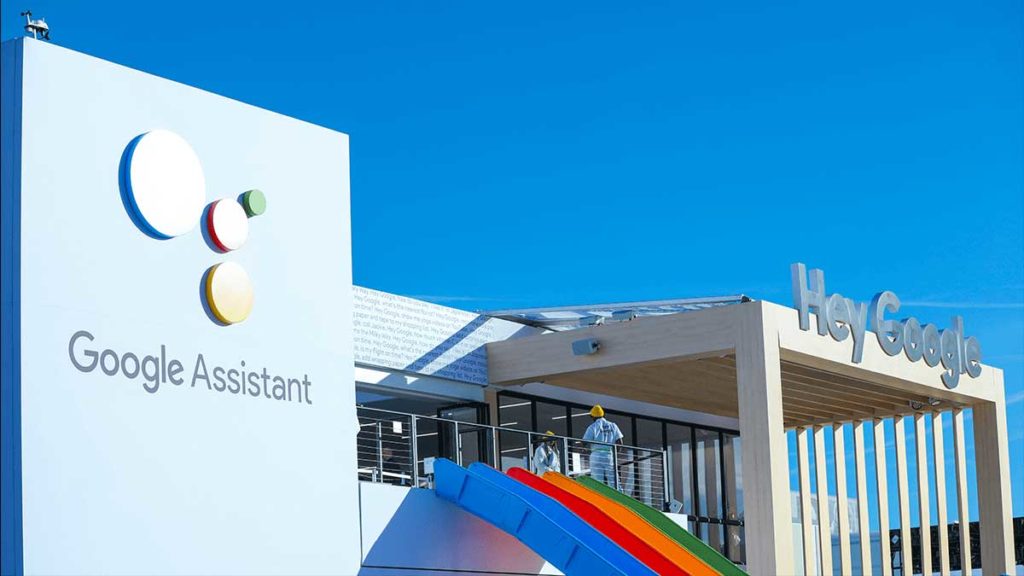
Your next car will probably connect to the internet. So will your TV and doorknobs. One day, you may even adopt a robot companion capable of analyzing its environment and reacting to your actions in real time.
A glimmer of the future was on show this week at CES the giant consumer trade show in Las Vegas. An amazing 170,000 people attended the show and this year’s annual featured over 4,500 exhibitors, including tech companies of all sizes from all over the world.
It was clear to see that the industry is pouring substantial amounts of resources and investment with a hope that the latest tech trends such as AI virtual assistants, connected cars and the infamous foldable screen, will soon become parts of our daily lives.
The conference was also a chance for dedicated tech watchers to make predictions about upcoming innovations and inventions that may become popular, or those that may inevitably flop.
One such tech trend in question, is that of the foldable screen. Companies including tech giants like Lenovo and Dell have all produced their version of the new technology. Lenovo show the ThinkPad X1 Fold, a windows foldable tablet which, when folded resembled a compact book. Although that sounds impressive, not everyone is that positive about the future of foldable screens. Tech experts and analysts have suggested that the device could be unpopular because of high price tags and limited use due to a lack of durability.
Google and Amazon were among the biggest names at the trade show, both very confident about the capabilities of their own personal assistant. Google claimed its version is now used by more than 500 million per month in over 90 countries. Studies conducted, indicate that most people use these assistants for basic things like playing music or turning the heating up. Still, Amazon remains persistent and intends for users to start doing more complex thing likes paying bills through Alexa.
As we know, autonomous cars are still far from ready for the market, however tech companies highlighted features that could assist people in driving more safely.
Samsung demonstrated a vehicle with its Exynos Auto V9 computing processor, which is able to run applications on a number of screens and collect information and data from up to 12 cameras. This particular system was designed to simultaneously provide both entertainment like videos to passengers in the back seat and safety-assistance apps to drivers.
Amazon once again, wasn’t to be defeated and boasted its automotive proficiency, showing off cars from luxury manufacturers like Lamborghini and the auto start-up Rivian which now include Alexa personal-assistant capabilities. Auto safety features may just be the most practical and useful innovation to come out of CES this year. Apps that alert drivers to blind spots or assist them when parking automatically, should be a huge advantage to consumers.
